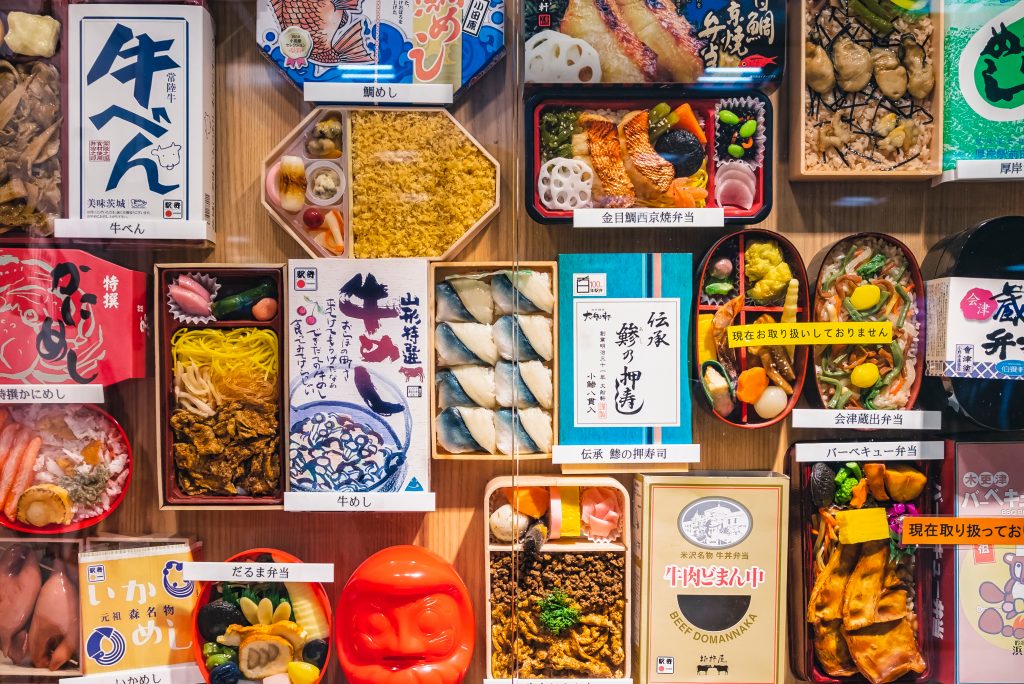
- ARAB NEWS
- 17 May 2024

TAIPEI: Taiwan will lift its import ban on food from Fukushima and four other Japanese prefectures about 11 years after the ban was introduced, the Taiwanese government said Tuesday.
The ban on imports of food made in Fukushima, northeastern Japan, as well as the nearby prefectures of Ibaraki, Tochigi, Gunma and Chiba, is expected to be lifted in late February, except for some items.
President Tsai Ing-wen’s administration has judged it necessary to act in line with international standards as it seeks to join the Trans-Pacific Partnership free trade deal in what she sees as a long-term economic development strategy.
Also, concerns about radioactive contamination have eased gradually among Taiwanese consumers.
The import ban has been in place since the March 2011 meltdowns at Tokyo Electric Power Company Holdings Inc.’s Fukushima No. 1 nuclear plant.
While the import ban will be removed in principle, mushrooms and some other items will remain subject to the measure.
For items whose imports will restart, Taiwan will conduct radiation checks, confirm the areas of production and carry out quarantine inspections thoroughly.
Taiwan will implement more stringent scientific inspections than international standards when resuming the imports, a government spokesperson told a press conference, stressing that consumer safety remains the Taiwan’s top priority.
In 2018, the largest opposition Kuomintang party launched a campaign against lifting the ban on imports of food from the five prefectures. In a referendum that year, Taiwanese people decided to keep the measure intact.
Discussions on the lifting received momentum from another referendum last December in which Taiwan voted down a Kuomintang-advocated plan to ban imports of US pork containing a leanness-enhancing additive.
Tsai is trying to realize Taiwan’s entry into the TPP deal ahead of China, which applied to join the pact only days ahead of Taiwan in September last year.
She has therefore put priority on the resolution of food-related problems with Japan, which plays a leading role in the TPP framework.
To join the deal, an applicant needs to obtain consent from all participating nations. But China, which asserts its sovereignty over Taiwan, would oppose Taiwan’s entry if it is admitted earlier.
Only Taiwan and China maintain a strict ban on imports of food made in Fukushima and nearby areas, the spokesperson said.
Unless Taiwan resumes the imports, it will not be able to qualify to join the TPP deal, which requires a rigid adherence to its rules, the spokesperson said.
JIJI Press